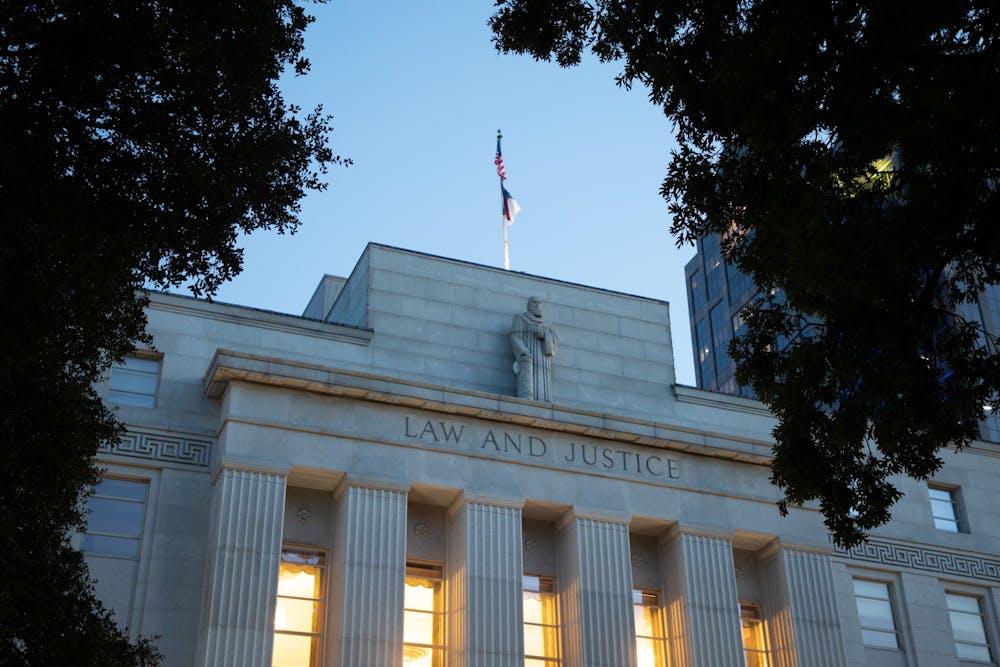In 2022, the N.C. Supreme Court affirmed the “Leandro Plan,” or the Leandro Comprehensive Remedial Plan, which seeks to supplement under-supported public school districts with a $5 billion boost in annual education spending.
That year, we had a state Supreme Court that had a Democrat majority, who affirmed the plan. Now, the partisan shift to a Republican majority on the N.C. Supreme Court has halted the plan and allowed for a revisit.
The N.C. Supreme Court is reconsidering the government’s responsibility to educate every child. The threat to the Leandro Plan is a threat that risks further marginalizing rural and impoverished students across the state.
The Leandro case began 30 years ago, having been originally filed in 1994 by a group of concerned students, teachers and parents in low-income rural counties — specifically Halifax, Hole, Robeson, Vance and Cumberland counties. The suit sought proper financial and institutional support for rural school districts, alleging that the students of these counties received an unjustly poor education compared to wealthier neighboring counties.
Twice, the N.C. Supreme Court affirmed the right of every student in North Carolina — not just in those five counties, but in every county impacted — to have a “sound, basic education.” Now, the billions of dollars promised to go toward rural schools are threatened by the N.C. Supreme Court’s partisan schism.
Those opposed to the expansive plan seek to limit the funding to only the five original complainants. According to the team representing Republican leaders N.C. Senate President Pro Tempore Phil Berger (R-Guilford, Rockingham) and N.C. House Speaker Tim Moore (R-Cleveland, Rutherford), there is no jurisdiction for such breadth of action by the courts.
The case for such wide jurisdiction, however, seems outlined in the North Carolina State Constitution, Section 15, which reads “The people have a right to the privilege of education, and it is the duty of the State to guard and maintain that right.”
Why are “The people” not all the people? Perhaps the better question is, why is public education so feared? So feared that supposed respectable political leaders find themselves opposed to a plan that would finally provide the rural students of North Carolina a comparable education to their urban and suburban peers.
Those overwhelmed with the fear of an educated, empowered, rural North Carolina don’t just stop at threatening the Leandro Plan. Legislative targeting of public education through the censorship of classroom discourse and voucher programs that divide and drain all serve one purpose: to keep rural North Carolina down.




